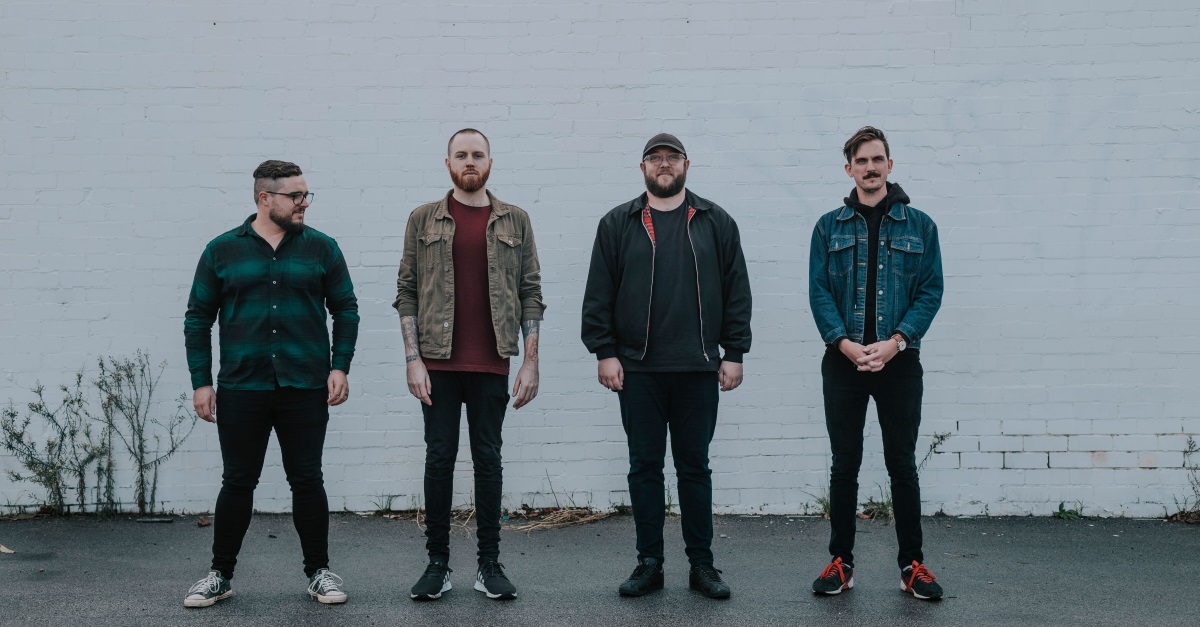
Having recently shared a couple of new singles from Perth post-hardcore band Old Devil, their debut album L'appell Du Vide has officially arrived, and it kicks all sorts of arse; we've got the whole thing to listen to below along with a track-by-track guide from the band themselves, explaining the album's concept and story that unfolds as the record progresses. Listen/read on:
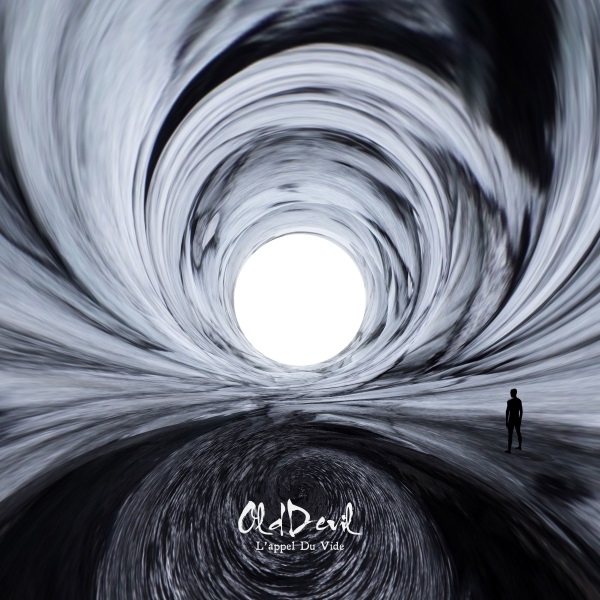
L'appell Du Vide Track-by-Track
1 - Preacher
One of the first songs Old Devil ever wrote. The drum beat at the start was what kicked everything off, our drummer Callum had this beat that he’d play to warm up and it felt good enough to start a song. Once the bouncy guitar stabs went in, the song really came together quickly, with the soft choruses and as a prelude to the song getting bigger later. The chords at the start and delicate choruses are to represent youth before something sinister happens, with the ending getting progressively more trauma filled and angry. As a band we’ve been appalled consistently over churches covering up abuse scandals and trying to pay off its victims rather than owning up to the fact it’s done heinous things.
“The illusion of hope, comfort he hides from beneath his robe” is the most poignant way we could say “religion is meant to inspire love and comfort, but instead he see people being taken advantage of for personal gain”
The song feels like a good way to set the tone for L’appell Du Vide, humans being taken advantage of by those in power.
2 - Nineteenfourteen
The song was written fully before it entered the rehearsal room, the chaos at the start was what started it all. The name 1914 is the year in which the archduke Franz Ferdinand was assassinated, which effectively lead to world war 1. As a result 1914 feels like the start of everything bad in the world. In the song the murder of James Foley is referenced as is the shootings at music concerts in both France and the US. The message is clear in the chorus, a plea to slow down, take us back to a stable position, because this cycles is just repeating itself over and over.
The song ends with the emotionally charged “it doesn’t have to end like this, we have to learn to coexist”.
3 - Hostage
Hostage was written firstly as a serial killer story. Mainly after watching a document on Fred and Rose West. However as the album came together, this felt more like the feeling we have being held hostage to a governments whims and policies. As technology grows, it’s starting to feel like freedom is more fleeting and the noose around our necks is getting tighter. In a world where Donald Trump became president this felt very similar to the world of LDV, a madman who talks his way out of everything, in charge of the most important decisions. We couldn’t help but feel that once that day came, we were hurtling towards the void. Our anger at the current state of affairs is voice in “we are the permanent rage”.
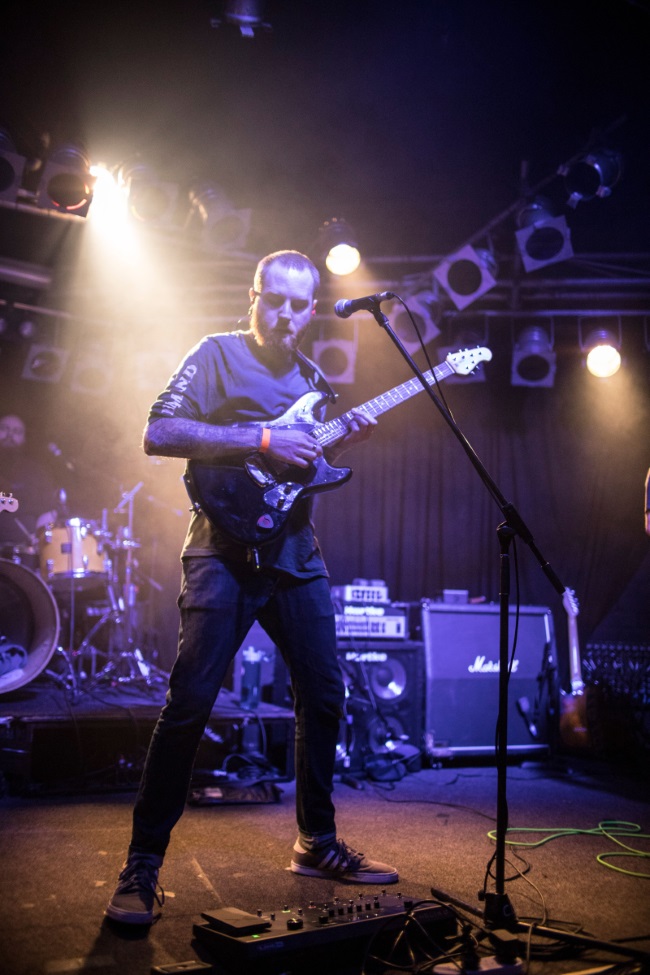
4 - The Bird That Sank The Boat
Bird got its name from a conversation vocalist Kieran had with a colleague. She had referenced how she had fallen out with a friend and that it was “The Bird That had Sunk The Boat” meaning that was the final straw. That name felt like a good way to describe the growing resentment towards gun laws in the US.
The song is penned from the view point of a father that has lost his son to a school shooting.
5. Everybody Watched The Disaster Live On TV
This song is the shortest song on the album at under 2 minutes, but the message is around global warming. Despite the fact that all the signs point to the planet being under threat of destruction as a result of industry, still nothing much has changed. The song references religious groups who still feel god will save us, “knee deep in abandoned science, this time no boat to save us” and “there’s no saviour this time”. We chose the name as a stark contrast to the length of the song and is a nod to our favourite bands who often had lengthily track names.
6. Welcome Home Cosmonaut
As a huge sci-fi fan, vocalist Kieran wrote the song from a story perspective. The protagonist in the story is sent into space to try and find a new planet to live after war breaks out and the global warming crisis escalates. However by the second verse the Cosmonaut cannot find a new planet and is returned to earth via a wormhole five years after setting out. Upon returning back to earth, they find that the world is ravaged by war and they are in fact the last human alive. The song ends with the original album title “we think we know better, we can’t live together” which is just how the band feels about humanity in general.
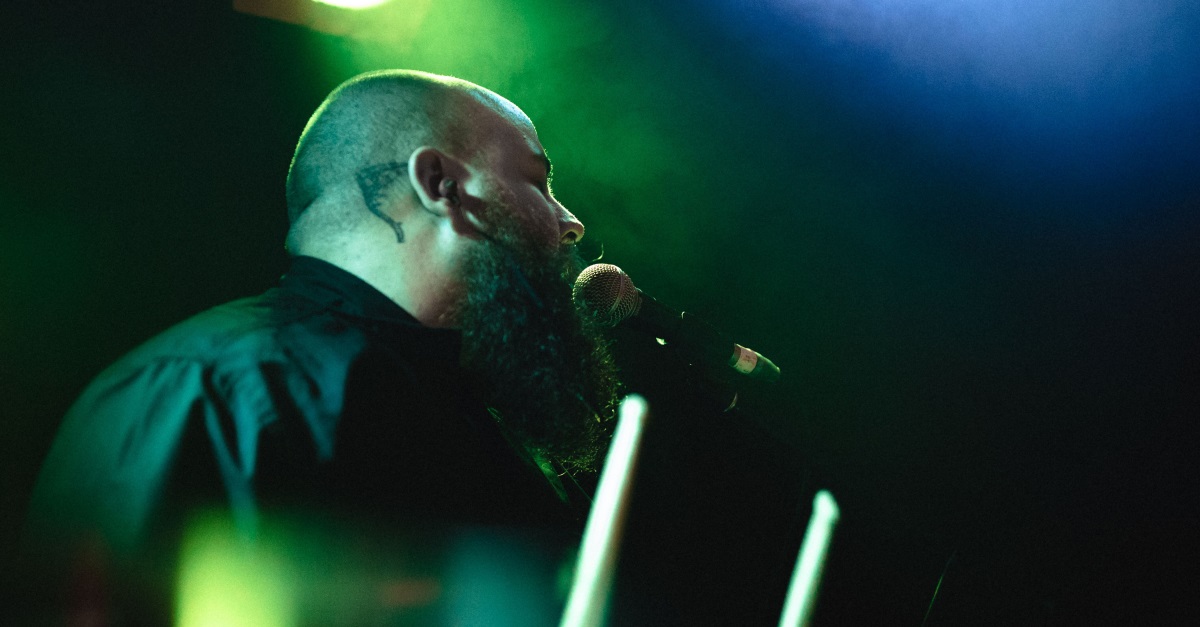
7. Leader
Leader is an interlude that contains a propaganda radio piece from the early 1940s during WW2.
8 - Dance Of The Snakes
DOTS was written at the time that Donald Trump was elected president, after a wave of both jubilation and despair from the US, but more despair from the rest of the world. This is a turning point in the story of LDV, as things escalate quickly, with this president initiates verbal warfare with other nations.
There is a tendency from people to forget anything about former presidents and look back with rose tinted glasses, but realistically they all do awful things and in the end aren’t as popular as when they started. This is referenced in the lyric “former faces, they don’t seem damaged, but history will claim these memories are faded”.
The song timeline wise is right before physical war is initiated on LDV.
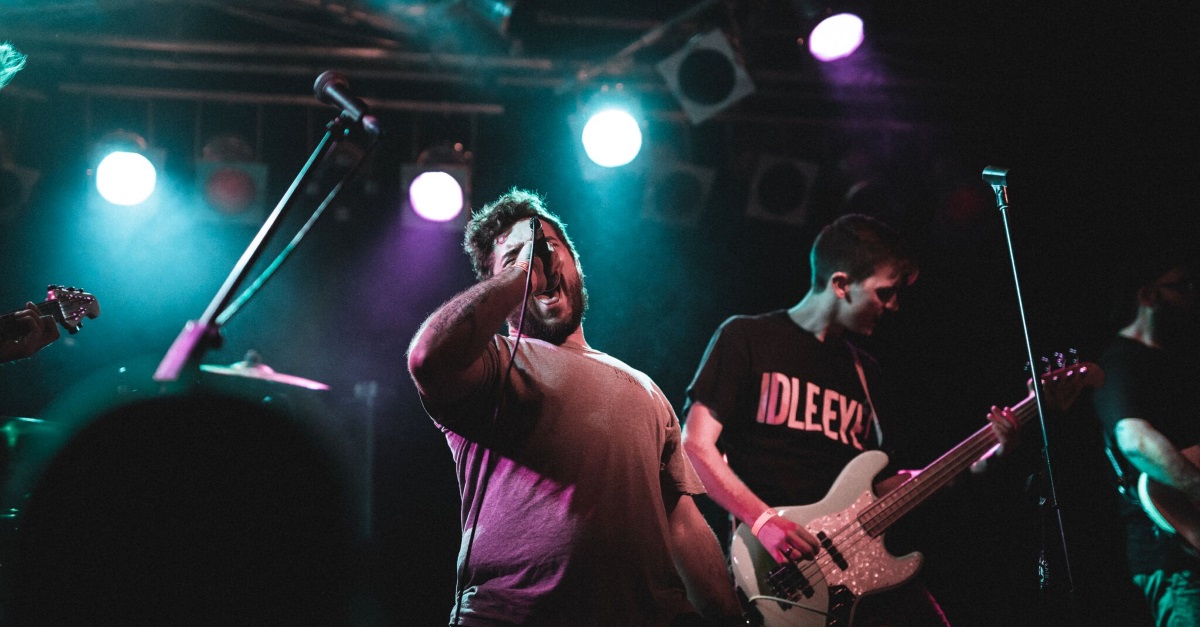
9 - Violent Storms
Violent storms is just vocals and guitar. The song is written from perspective of the people as the president paces the halls of the White House, deciding whether to go to war or not. The decision is made by the end of the song and war commences.
10 - Sonder
Sonder is the realisation that every person on the planet has their own story and emotions that you would have no idea about. The song is instrumental and was left purpose with no vocals as once war starts the time for reasoning and talking is over, it’s now unstoppable force and the momentum is too much to curtail.
11 - L'appel Du Vide
Originally just a song title and not the album title, LDV is the culmination of everything that has occurred along the journey of the other ten songs. It’s from the view point of a family that has witnessed all the events leading up to war. The family is present as the first bombs drop on their city and the father of the family takes the decision, to end his and his families life so as to take control of the situation rather than let the actions of others be responsible. The mood of the song is somber turning to rage and anger as the world comes to an end.
The lyrics “counting backwards down from seven billion souls won’t go to heaven” had been kicking around in the Old Devil camp for a couple of years, so we are really happy to find a way to showcase them, almost like a nursery rhyme in the coda.
LDV draws an end to the album in a very final way, leaving no follow up on that world as the void closes.






